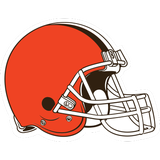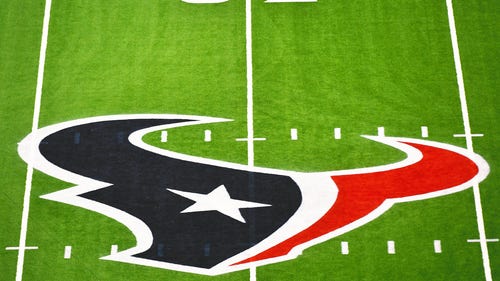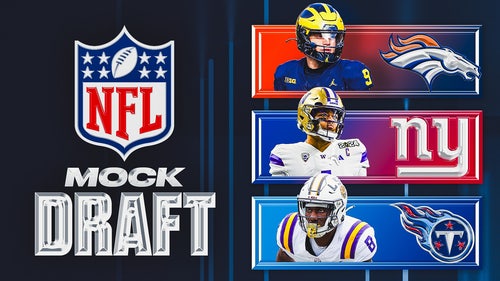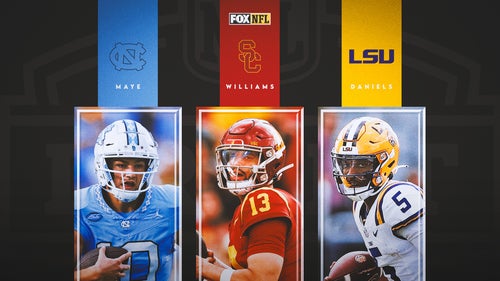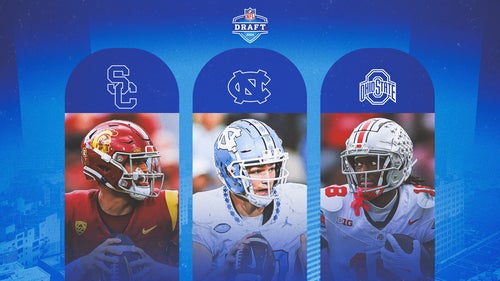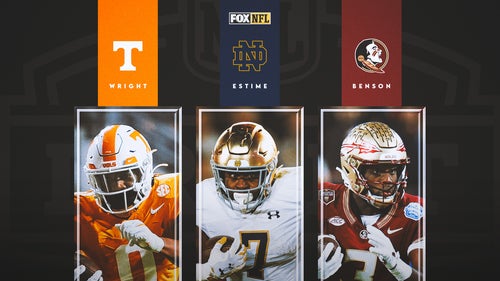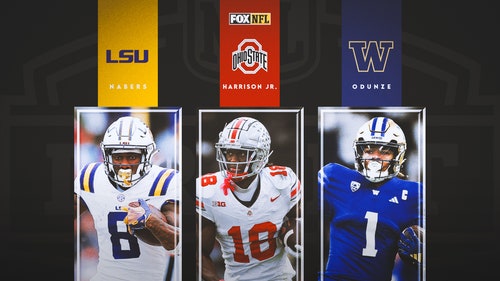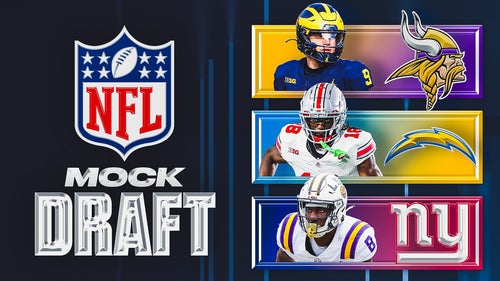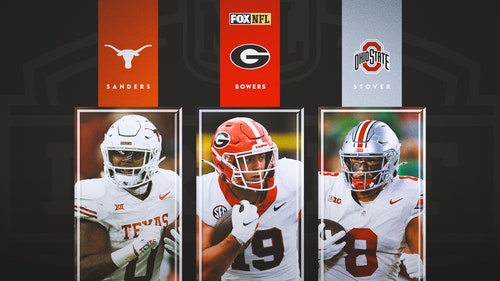
Mind Your NFL Business
1. Faux Feud. There will be a lot of anticipation about a potential encounter between Roger Goodell, public enemy No. 1 according to Patriots fans, and the Krafts and Tom Brady next week. I cannot speak for Brady, but I have long been told that any friction between the Krafts and Goodell has been highly overrated. Robert and Jonathan Kraft maintain a good relationship with Goodell; they compartmentalize well. As to where they place blame for the two-year Deflategate saga, it is more on 1) the Colts (Jonathan Kraft had some choice words for outgoing general manager Ryan Grigson) and 2) NFL lawyers (when in doubt, blame the lawyers).
• HARTFORD’S WHITE WHALE: How the Patriots Almost Became Connecticut’s Team
2. Keystone Colts. Speaking of Grigson, the worst-kept secret in the NFL over the past two years has been the lack of cohesion at the top of the Colts’ organizational chart, with coach Chuck Pagano and Ryan Grigson barely speaking and privately pointing fingers at each other. Last year’s forced marriage that included counseling (a psychologist) ended in divorce, with owner Jim Irsay granting custody to Pagano. Now a new general manager will be brought in to work with Pagano and the players picked by Grigson. What could possibly go wrong?
• COLTS MOVES: Is There a Role for Peyton Manning?
3. Packers’ continuity. Given my Packers background, I have been asked often about Green Bay’s front office members declining opportunities with other teams (as Eliot Wolf and Brian Gutekenst have). Sometimes the best option is the existing one. The Packers’ administrative and business sides of the organization defer to football and, of course, there is no meddling owner (besides thousands of Cheeseheads). For “football guys” whose passion is scouting players, there is no better work environment.
4. Whither Romo? As accomplished a player as Tony Romo is, I don’t see a robust market for his services. At this point in his career, which has recently been dominated by injuries, he cannot be counted on as a starting quarterback in 2017, and trade offers will reflect that. Romo counts over $25 million on the Cowboys’ salary cap if he is on the team, which, in my view, is more palatable than the alternative: counting $19 million if he is not on the team. The cap issues reflect the Cowboys paying the piper for taking out second and third mortgages on his contract; they would be cap-positive in releasing or trading him had they not sacrificed long-term pain for short-term gain.
• JENNY VRENTAS: The Tale of Tom Brady and Johnny Foxborough
5. Trade delusion. Speaking of trade offers for quarterbacks, we are approaching the time of year for hyperbole about what quarterbacks could potentially bring in draft compensation. NFL general managers understand how precious currency first-round draft picks are, especially for their long-term financial value. To think that a team is giving up 1) a first-round pick for Jimmy Garoppolo or 2) two first-round picks for Kirk Cousins (assuming he receives the franchise tag) is, well, delusional. Yes, Sam Bradford netted a first, but that was a move made in the post-injury desperation of training camp, not the quiet premeditation of March. Not happening.
6. Cap games. The NFLPA proudly noted this week that teams carried forward nearly $300 million of unused cap room from 2016 to 2017. As I wrote recently, this is not a good look for the union. Teams are taking advantage of insufficient CBA minimum spending thresholds that allow unused cap room—that could otherwise be used to reward players—to die on the vine. The amounts carried forward, which the union compared to rollover minutes of a phone plan, do not even factor into the CBA’s minimum spending thresholds. Those are based on the actual cap—projected to be between $163-165 million this year—rather than the much higher adjusted caps that include the “rollover minutes”. The Jaguars brought forward $40 million last year, only to bring forward $40 million this year; how is the fact that teams are not using $40 million a year of available cap room helping players?

7. Collins’s leverage. The third-round pick surrendered by the Browns to the Patriots for Jamie Collins was, to me, an exorbitant one if they did not have a companion contract extension along with the trade. When there was no announcement of such, I thought that gave tremendous leverage to pending free agent Collins (and agent Bus Cook). It reminded me of the Eagles’ trading for Sam Bradford in the last year of his contract—without a simultaneous contract extension—giving him complete leverage on the next deal (which he used well). Once the Browns acquired Collins without a future contract in place, the leverage shifted. According to multiple reports, the Browns offered Collins a four-year contract on Monday worth $50 million ($26 million guaranteed), which makes him the league’s fourth-highest paid linebacker.
8. Just move to Vegas, baby. Speaking of teams exploiting leverage: the Raiders have now formally applied for relocation for the second consecutive year, this time to Las Vegas. And, after talking to owners at the Jan. 11 meeting of the NFL Stadium and Finance committees (consisting of over half the owners), my sense is that there is building momentum for the move. Now the lobbying for 24 votes continues for Davis, who already appears to have the backing of influential owners such as Jerry Jones and Robert Kraft. Interestingly, questions raised about Vegas have been much more about market size and sustainability of a fan base than about the culture of gambling. If approved, the Raiders owe a debt of gratitude to the NHL. Hockey dipped its toe in the Vegas waters with a franchise starting next season, providing a “safe” runway for the NFL.
• ANDREW BRANDT: The Five Myths of NFL Relocations
9. Seahawks playing to the edge. ESPN has reported that there will be pending penalties to the Seahawks, perhaps a forfeiture of a second-round pick, for the lack of injury information regarding Richard Sherman. The Seahawks are no stranger to NFL discipline and, much like the Patriots, there will be a lot of ownership eyes on them to see what discipline is levied. This is another example of the NFL trying to mete out punishment amidst the braying of rival owners storming the gate to punish what they see as anti-competitive behavior.
10. Start the clock. With more than 100 underclassmen applying early for the NFL draft, there is annual carping about players not being “ready” and making bad decisions. To me, this talk always seems paternalistic about a sport that already requires more apprenticeship than any other. In a league that is getting younger every year—whether due to financial or playing reasons (or both)—we cannot fault players for starting the clock on their career at age 21 instead of 22. While basketball, baseball, golf, tennis, and other athletes regularly leave college earlier than football players (or don’t go to college at all), the finger-wagging police comes out most with football.
Question? Comment? Story idea? Let us know at talkback@themmqb.com
